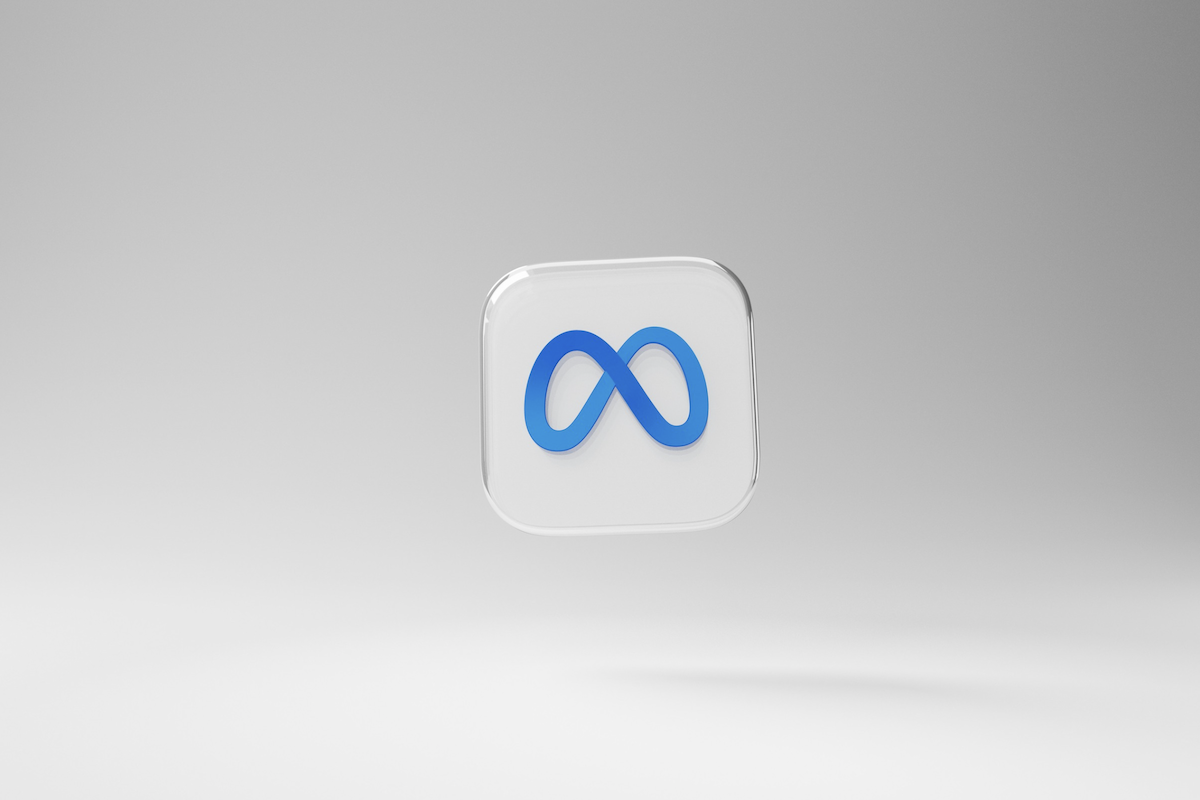Since its debut in 2016, one software wallet has stood atop the web3 industry for its ease of use, its forward-thinking approach, and for its continuous improvement in both features and security.
That software wallet is called MetaMask.
A lot of the features, trends and experiences that are commonplace in software wallets today are all thanks to MetaMask. The wallet has gone to great lengths to cater to the blockchain community – so much so that it remains the most popular software wallet to this day. What is MetaMask, why is it still so popular, and what could its future hold?
Here’s our complete 2025 guide to MetaMask.
What is MetaMask?
MetaMask is a free-to-use, open-source software wallet. Available on desktop and mobile, it allows users to store, send and receive blockchain-based cryptocurrencies and NFTs.
Developed by Consensys, MetaMask is a vital tool between the user and Web3, enabling users to own digital assets and interact with a wide array of the most popular blockchain-based tools, sites and services.
The idea for the wallet came from Joseph Lubin, a co-founder of the Ethereum blockchain, who realised that a user-friendly software wallet would be crucial to the growth of blockchain technology.
MetaMask is a self-custodial wallet, meaning that users have full control over their private keys – and therefore true ownership of all held tokens and assets. This also enables the use of popular hardware wallets, such as Ledger and Trezor.

One of MetaMask’s aims is to make interacting with blockchain simple, straightforward and user-friendly. To help achieve that, MetaMask supports a wide range of browsers, including Chrome, Firefox, Brave and Edge, allowing users to begin with Web3 using browsers that they are already familiar with.
This has been key for getting more users to engage with DeFi services such as Uniswap, NFTs collections such as Bored Ape Yacht Club, and blockchain-based platforms such as OpenSea.
MetaMask also has a suite of security features, adding extra defence between a users’ wallet and the sites they visit. This can help prevent fraud, malicious code and more, and Consensys is continuously pursuing security improvements to protect against the latest threats.
The MetaMask wallet supports the Ethereum blockchain and all Ethereum Virtual Machine (EVM)-compatible networks, such as BNB Chain, Polygon, and Avalanche to name a few. Recently, they have introduced Snaps, a brand-new feature that can allow connectivity to non-EVM blockchains such as Solana.

The history of MetaMask
The first public version of MetaMask was made available in 2016, with the goal of making Ethereum more accessible to internet users. Prior to MetaMask, software wallets were often difficult to use, meaning only true enthusiasts would engage with blockchain technology. MetaMask was the first software wallet that truly catered to general audiences.
In 2017, MetaMask made significant user gains because of the boom in Initial Coin Offerings (ICO), with users enjoying its ease of use. The wallet continued to grow in popularity, and in 2020, MetaMask released its first mobile app for iOS and Android devices, helping widen accessibility even further.
When NFTs exploded into the mainstream in 2021, MetaMask was the wallet of choice for incomers around the world. By August 2021, MetaMask reported over 10 million monthly active users, heralding its importance to the growing Web3 industry.
2023 saw the release of Snaps, enabling developers to extend the wallet’s functionality to non-EVM blockchains. 2024 took functionality even further with the debut of MetaMask Card – a partnership with MasterCard and Baanx on a physical debit card. This allowed users to spend cryptocurrency from their MetaMask wallets at any location where MasterCard is accepted, without needing to use an exchange first – a major boost to the everyday use of crypto.

What’s next for MetaMask?
With 2025 on the horizon, MetaMask continues on its quest to improve accessibility, user experience, and product quality.
Firstly, they are looking to offer greater multi-chain support. By supporting a wider range of blockchains, MetaMask is aiming to become a universal wallet for Web3 – allowing users to manage all of their digital assets from a single wallet.
On top of this, MetaMask is looking at the growing ecosystem of Layer-2 networks. With the likes of Optimism, Arbitrum and Eclipse continuing to grow, MetaMask wants their users to benefit from the faster transaction speeds and lower fees these networks provide, making blockchain more enticing to use.

Security remains a top priority, with features such as biometric authentication, hardware wallet integration, and phishing detection to protect users from the latest threats. To help with this, Consensys acquired popular security service Wallet Guard in July 2024, bolstering MetaMask’s security arsenal.
Third-party developer support is also an increasing part of MetaMask’s future. With millions of users around the world, there’s a community of developers who wish to enhance MetaMask’s existing features – and the team are tapping into this motivated crowd with features such as Snaps that encourage innovation and creativity.
In the space of 8 years, MetaMask has become the go-to software wallet of the blockchain landscape. Its user-first design, ease of use, accessibility and more have made it a go-to tool for blockchain veterans and newcomers around the world, and its played a major role in growing Web3 into what it is today.
Plenty of challengers now exist in the market – Phantom, Xverse and Rainbow to name a few – though none have yet to pose a challenge to MetaMask’s crown. MetaMask is the benchmark to which all other software wallets are measured – and for now, nobody has yet to come close to their mark.
Credit: Source link















































